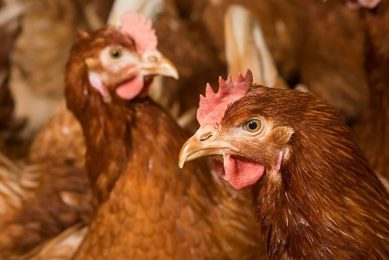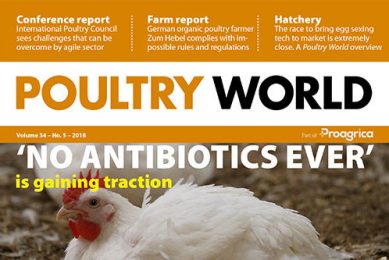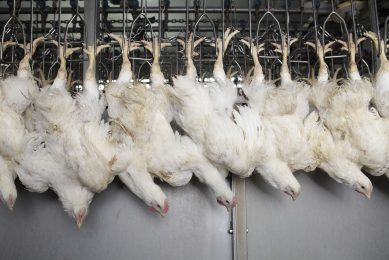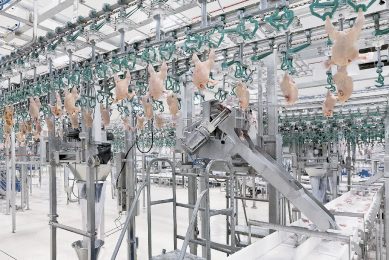The purpose of the program is to provide training, assistance and environmental assessments as they relate to poultry operations, in order to protect local waters and improve compliance with environmental regulations.
Commissioner Connie Larimore said, “I don’t understand why [Jim] Perdue ever thought of entering such an agreement with EPA. We are disappointed that Perdue did not at least talk with the commissioners first.
“We’ve worked so hard in Delaware to get farmers to come to the table to do things the right way for the right reasons. This is like a wet blanket on all we’ve done. I resent it. This is nothing more than co-permitting.â€
She said the agreement copies “what we did a year or two ago — and it’s working.â€
Larimore said she feared the MOA could lead to the end of the poultry industry on the Shore.
Charles “Chip†West II, a poultry farmer who has won awards for environmental stewardship in Delaware and in the Mid-Atlantic region, said the MOA not only was a duplication of efforts, but he feared it would be a hardship on the growers and end up causing a lot of unfunded mandates being placed on the growers, which they can’t afford.
He added, “Our program far exceeds anything the EPA and Perdue agreement will do.â€
Julie DeYoung, spokesperson for Perdue, said the agreement had been in the works for several months and that Perdue had approached EPA about it.
The educational aspect will focus tightly on poultry waste management in the production area rather than total nutrient management, she added.
The pilot program will focus on producers with 200,000 or more birds and may include three Delaware growers.












